News & Stories
Power Up!
Jul 19, 2016
 How can you tell if a child is actually reading? Are their eyes following the words? Are they showing their engagement through their body language? Club staff at the Boys & Girls Clubs Big Brothers Big Sisters have an eye for children who are simply pretending to follow instructions. And there’s always a plan to get that child back on track.
How can you tell if a child is actually reading? Are their eyes following the words? Are they showing their engagement through their body language? Club staff at the Boys & Girls Clubs Big Brothers Big Sisters have an eye for children who are simply pretending to follow instructions. And there’s always a plan to get that child back on track.
In the Fall, our Kinsmen Club staff noticed a trend in some of the kids who struggled with their reading. The kids would stare at a book and occasionally flip a page, but they weren’t actually reading any of the words. Our staff went to the nearby school and brainstormed with the principal what we could do further enhance their education. One of the strategies that came up was ensuring kids could read out loud with a buddy. It was a win-win. Younger kids would get the help of a child with a higher reading level, and the older child would get to experience a leadership and mentorship role. Our Kinsmen Club decided to implement the buddy system each week and the results were immediate. Kids were learning in a fun and positive way and also forming relationships with the other kids in the Club. The staff could practically feel the improved confidence in the room.
 That story is just one example of the power of homework and literacy support for kids. BGCBigs is so grateful to have received funding from Fidelity Investments for Power Up! The program ran twice a week throughout the 2015/16 school year and allowed children from Kindergarten to Grade 6 to receive extra support for their academic learning and literacy through the use of technology.
That story is just one example of the power of homework and literacy support for kids. BGCBigs is so grateful to have received funding from Fidelity Investments for Power Up! The program ran twice a week throughout the 2015/16 school year and allowed children from Kindergarten to Grade 6 to receive extra support for their academic learning and literacy through the use of technology.
Through one-on-one support from peer and volunteer tutors, the program included a focus on literacy, math, English as a Second Language, online research, computer literacy, group work, internet safety, and general homework help.
In school, kids learn to read from Kindergarten to Grade 3, and from Grade 4 onwards they learn based on how they read. So, a child’s future success depends on his or her ability to read at a Grade 2 reading level. The Power Up! program provided crucial literacy support to kids to help prevent frustration and ensure they don’t give up.
 “Our kids got to spend some time building their academic skills as well as their leadership skills,” says Kera Lee-Clements, Rundle’s Club Coordinator. “We did all sorts of different academic activities like math games and writing stories and science experiments.”
“Our kids got to spend some time building their academic skills as well as their leadership skills,” says Kera Lee-Clements, Rundle’s Club Coordinator. “We did all sorts of different academic activities like math games and writing stories and science experiments.”
For instance, the Power Pen computer program was a highlight for those kids. They were able to use their imaginations to create stories while also getting help with their spelling and grammar.
“I’m actually a pretty great writer,” young Abyan tells us.
 At our Kinsmen Club one of their favourite activities was goal planning.
At our Kinsmen Club one of their favourite activities was goal planning.
“We had kids write down their short term and long term goals,” Club Coordinator Todd Bosker explains. “One of the girls wrote down that she wanted to learn to ride a bike.”
Over the next few weeks the staff and some of the teens spent a little bit of time with her each day to help her reach her goal.
“When she finally did it, the first thing she did was cross that goal off her list!” Todd says with a smile. “It was a great example of how the activities the kids participate in at the Club can lead to success in other areas of their lives.”
 Overall, 94 percent of kids who took our year end survey said they felt they now had relevant skills thanks to the Power Up! program. Ultimately programs like Power Up! make it possible for kids to become more resilient, build healthy relationships, make positive choices, and become successful and active members of society.
Overall, 94 percent of kids who took our year end survey said they felt they now had relevant skills thanks to the Power Up! program. Ultimately programs like Power Up! make it possible for kids to become more resilient, build healthy relationships, make positive choices, and become successful and active members of society.
“It was really beneficial to have a place to go to do my homework,” says young Amenedab. “I could ask for help from staff and volunteers and use the laptops, the internet, and printers if I needed to.”
We are so grateful to Fidelity Investments for making these outcomes possible for our kids, and for giving us another tool to ensure they are on the right track.
